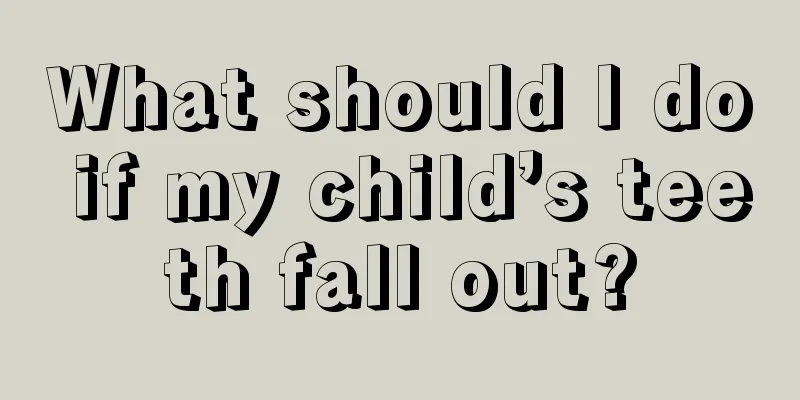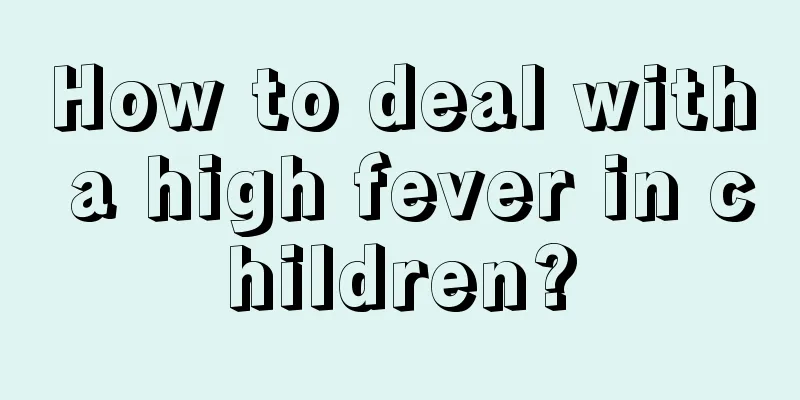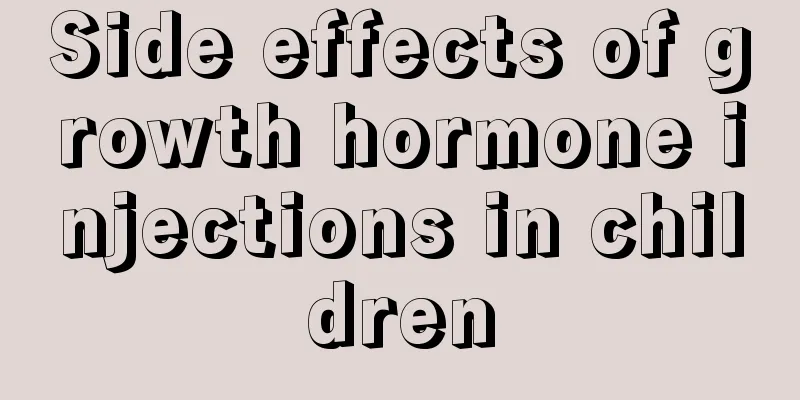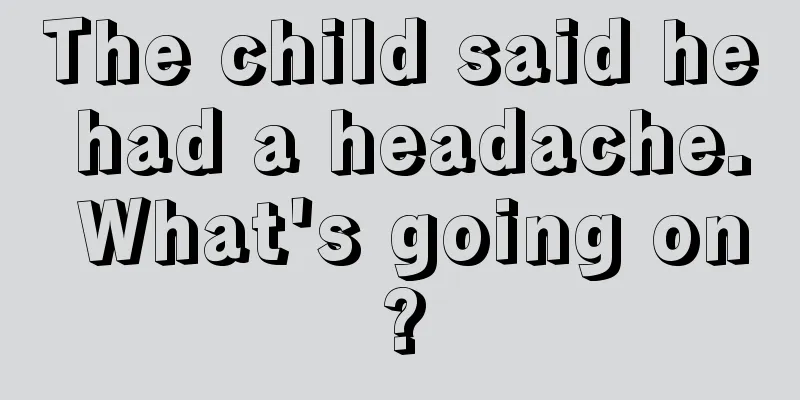What should I do if my child’s teeth fall out?

|
It is well known that the eruption of baby teeth is divided into two stages. Children will erupt deciduous teeth, deciduous molars, etc. during infancy. All the deciduous teeth will have erupted around the age of 7, but at this time, the permanent teeth will begin to replace them and the deciduous teeth will fall out. Some children do not have careful guidance from their mothers at this stage and some problems arise. What should we do if a child’s teeth fall out? The eruption of permanent teeth has a time and order. As children grow older, the small deciduous teeth can no longer adapt to the growing jaws and increasingly enhanced chewing power. They need to be replaced by new teeth at the age of 6 to 7. The original deciduous teeth fall off one by one, and are completely replaced by permanent teeth around the age of 12. Tooth loss usually starts with the two lower front teeth, followed by the two upper front teeth. The upper central incisor (commonly known as the front teeth) erupts between the ages of 6 and 9, and the lateral incisors erupt between the ages of 7 and 11. The eruption disorder of permanent teeth affects the development of oral and maxillofacial organs. If the replacement of deciduous and permanent teeth is affected by certain factors and the process becomes disordered, causing the eruption disorder of permanent teeth and affecting the development of oral and maxillofacial organs, it will cause harm to the normal dental morphology and oral function in the future. Maxillary protrusion may be related to this. In some cases, surgery is required to turn over the gums, remove the overgrowth, expose the crown, and perform traction when appropriate. Early detection and early treatment can reduce the harm. Alveolar bone hyperplasia is often caused by genetic, drug, virus and other factors. My mother had rubella when she was pregnant and took some medicine. Therefore, mothers must strengthen protection during pregnancy, not abuse drugs, not undergo radiation examinations and treatments casually, not come into contact with toxic substances such as pesticides, and prevent infection with rubella virus, cytomegalovirus, hepatitis B virus and toxoplasmosis. During the period when children are replacing their teeth, parents should pay attention to supplementing their nutrition and give them foods rich in vitamins A, D, calcium and phosphorus. Let your children develop the habit of rinsing their mouths and brushing their teeth. If treatment is started 1 to 2 years in advance, not only will the treatment method be simpler and the treatment cycle shortened, but the cost will also be reduced. Therefore, everyone must now know the process of development, eruption, and replacement of children's teeth. In fact, children are the ones who need guidance from their parents the most. During the period of tooth replacement, if parents do not tell their children what they should pay attention to, it is very likely that the children will lick their tooth sockets, repeatedly push the teeth that are about to fall out, or some children will even touch their teeth with their hands, which will lead to very bad consequences. |
<<: What should I do if my child’s teeth fall out?
>>: What is diarrhea in children?
Recommend
What is the reason for a child's hunchback?
For children, in addition to a variety of common ...
What to do if your child has crossbite
Most people notice this dental abnormality during...
How many months does the baby change to three stages of milk powder?
Milk is very important in the baby's growth p...
Several ways to improve intelligence
One of the biggest differences between humans and...
3-year-old baby has white dandruff on his scalp
In fact, children now often wash their hair, beca...
What to do if baby has spring diarrhea
Some babies suffer from diarrhea in the spring, w...
What causes knee pain in children?
Knee pain is a problem that troubles many elderly...
What should children eat to get better quickly if they have dampness?
Excessive moisture has a great impact on the body...
How many years should children with purpura nephritis be treated?
Purpura is a disease that is quite harmful to the...
What should children eat to cure tonsillitis and cough quickly?
When the seasons change, many of our friends will...
Emergency treatment of febrile convulsions in children
Sometimes febrile convulsions in children happen ...
What should children with anemia eat?
Anemia in young children is a common occurrence a...
How to ensure the height of a one year and four month old baby?
The body's growth is changing all the time, a...
What are the ways to cultivate children's love of thinking?
Parents all hope that their children will use the...
Does phimosis adhesion in children need treatment?
Phimosis in children actually means that the glan...









